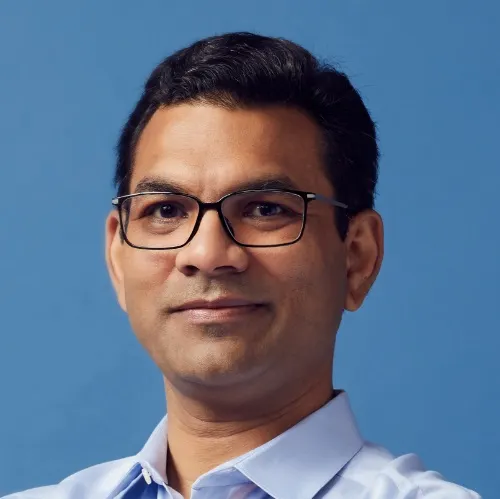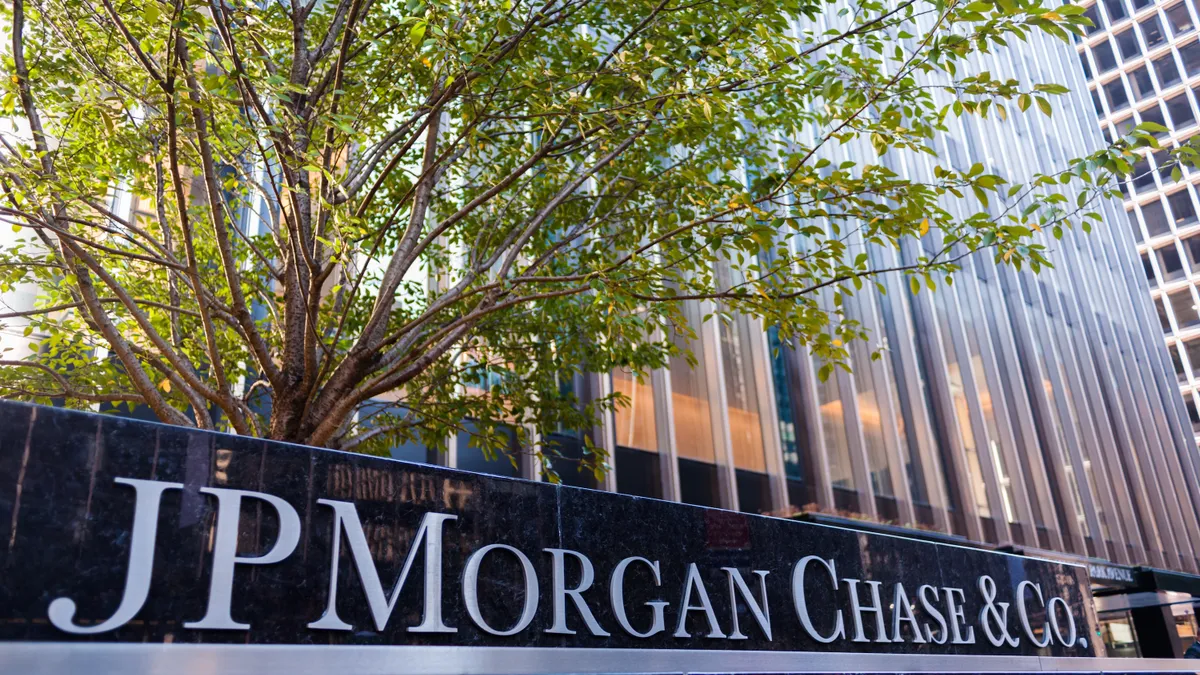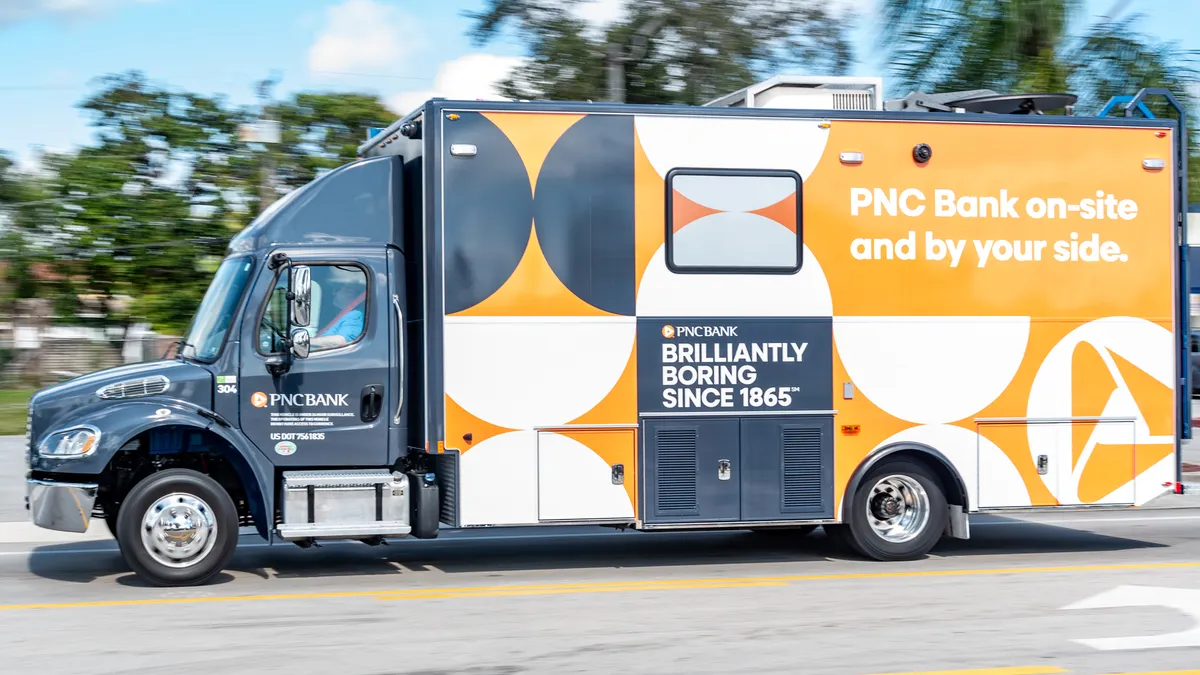When Sri Shivananda arrived at JPMorgan Chase in June 2024, he took a high-profile role at the largest U.S. bank as global chief technology officer. But it wasn’t for long.
When an IT colleague for the company’s payments division, Mike Blandina, left his post as chief information officer for payments (landing as CIO at Snowflake), Shivananda was quick to shift to that role, now overseeing technology operations for that business.
While his new job isn’t a firmwide one, he now has a larger purview in the massive payments division, overseeing about 8,000 employees, more than twice as many as in his initial post.

The payments business generated $18.1 billion in revenue for the company last year, operating in about 160 countries, and processing some $10 trillion payments daily.
Shivananda’s marching orders are to enhance the bank’s technology infrastructure for payments with respect to its treasury services, merchant services, embedded finance and other fintech software, the company said.
He calls himself a “payments geek,” and that seems to be an apt moniker, given his 20-plus years of experience at digital pioneer PayPal, including as chief technology officer, and at its former parent, online marketplace eBay.
Payments Dive this month picked Shivananda’s brain as to his outlook for everything from fraud to stablecoins to real-time payments.
Editor’s note: This interview has been edited for clarity and brevity.
PAYMENTS DIVE: What are your thoughts about how banks can better communicate with each other to combat fraud?
SRI SHIVANANDA: On the cybersecurity front, there is sharing that happens across the industry, as sponsored by a body called CISA (the Cybersecurity and Infrastructure Security Agency in the U.S. Homeland Security Department). That is a government-sponsored approach to sharing the right kind of information to make sure that we are fighting on that front together. At the same time, on fraud, we have a competitive advantage on the data that we see through the number of transactions that we support on the platform … and run that processing to make sure that it’s a safe transaction for all parties involved.
Do you have any thoughts on what JPMorgan's role might be in stablecoins?
Stablecoins have been a conversation in the industry, and continue to be a growing conversation, particularly given everything that’s happening with the current (Trump) administration. We are staying close to that. We are paying close attention to the business possibilities there, and also the commercial opportunities that could play in that area. I have history from the past on stablecoins: At PayPal, we did launch a stablecoin. But at this moment, while it’s part of an active conversation, there's nothing that I can share.
In light of the Trump administration’s plan to halt federal paper check use, do you have any thoughts on how JPMorgan might wean its business clients from checks?
Digitization takes a while. Part of that is the shift in behaviors that would have to occur across customers and so on … what we want to do is to be where our customers are and serve them the best that we can, no matter what they want to do in terms of managing and moving their money.
Do you feel like the bank may play a role nudging these customers away from checks?
Every customer is in a different place. There are big, massive firms that are very sophisticated and have large engineering organizations that can do a lot in terms of modernizing and integrating, with the latest and greatest systems. And then there are very small businesses — these are family businesses, with extremely small setups. They don’t have the sophistication. Oftentimes, they need all the help they can get, and in those cases we just have to follow their pulse and make sure that we serve them the way they need to be served.
How active is JPMorgan in real-time payments, especially now that the Federal Reserve has launched the FedNow system?
We are already a large, active part of real-time payments. A lot of the payment volume that we see today happens in real time. We have built a modern platform to do RTP. (JPMorgan is one of the owners of The Clearing House, which has created the real-time system known as the RTP network).We have integrations with FedNow. And real-time payments is not just a U.S.-only paradigm. It exists in the many markets that we are in.
Do you expect the bank will help increase use of real-time payments in the United States, where the uptake has lagged other parts of the world?
Offering real-time payments, continuing to innovate on it, continuing to accept more and more of our customers on those rails, and where possible to migrate to real-time payments. These are all part of the continuing innovation agenda.
Will JPMorgan keep pursuing open banking possibilities?
Open banking is something that we have an investment in, and will continue to invest in. And that means the ability for our customers to be able to manage their business based on their transactional data on platforms that are partners in the ecosystem, whether it is through what they may want to do in (software firm Intuit’s) QuickBooks, or some other aggregator of that kind. We already have features and capabilities, and we’ll continue to work on those.















